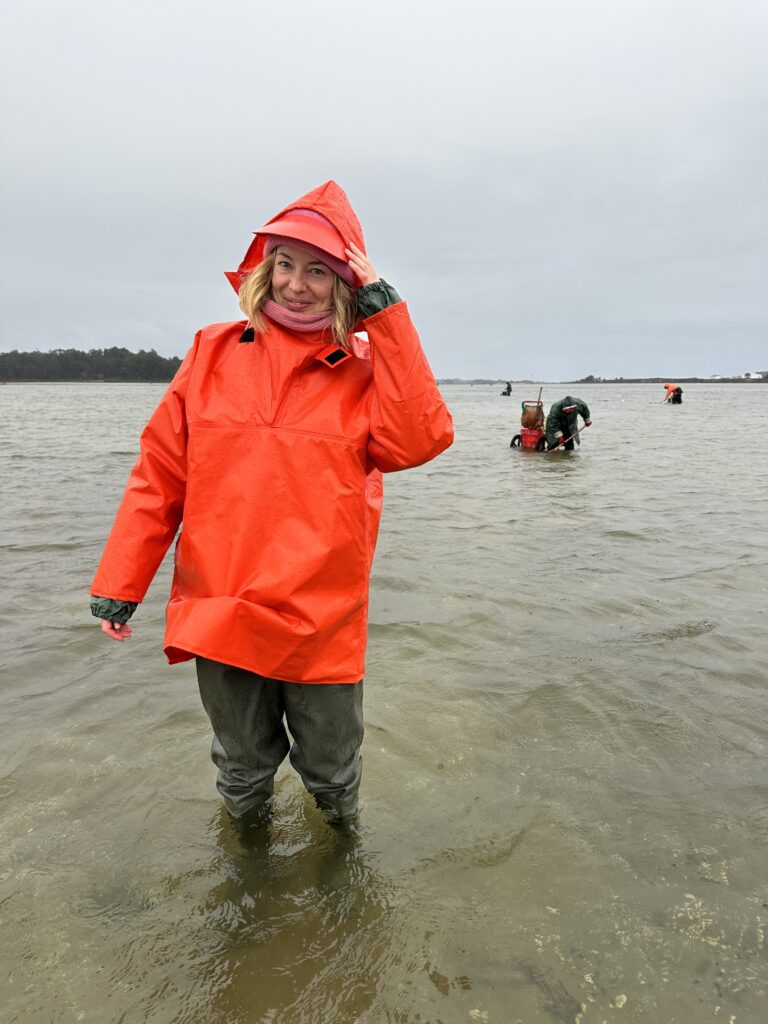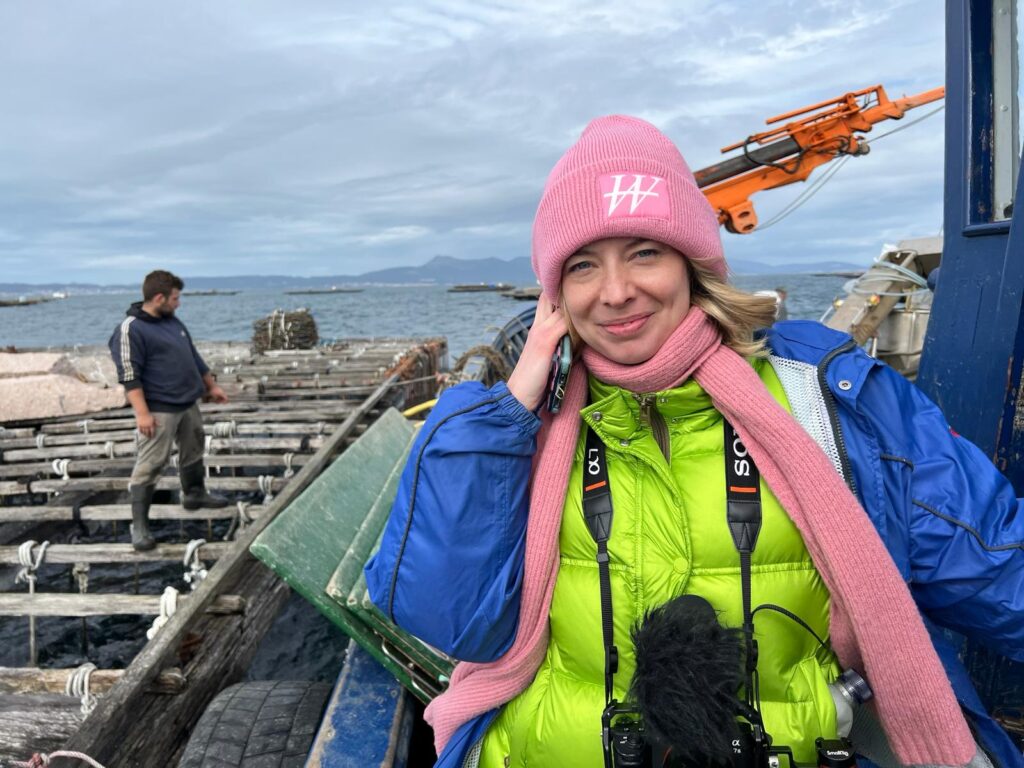In a world where climate change is an increasingly urgent issue, environmental journalism plays a crucial role in bringing untold stories to light. We sat down with Natalie Donback, a freelance journalist from Sweden based in Barcelona, to discuss her journey into journalism, her focus on climate reporting, and the pressing environmental issues she covers.
A Journalist’s Journey
Natalie Donback has spent the past decade in Barcelona, initially moving there to pursue a master’s degree in journalism. Her career began at Devex, a US-based media company with a small office in Barcelona, where she covered global development and health issues. It was there that she first ventured into climate reporting, a field she has since pursued passionately as a freelance journalist.
“Being a freelancer is both challenging and rewarding,” Natalie shares. “You get to choose the stories you want to work on, pitch them to different outlets, and collaborate with various editors. It’s a dynamic and slightly stressful role, but it also provides the opportunity to cover topics that matter most to you.”
Finding Purpose in Journalism
Natalie’s path to journalism was not straightforward. Initially, she studied development studies with a focus on political science, intending to work in the nonprofit sector. However, she soon realized that she wanted to develop a more practical skill, writing.
“My father was a journalist in former Yugoslavia before moving to Sweden as a political refugee. His career definitely inspired me to explore journalism,” she reflects. While journalism comes with its challenges, she believes it is one of the most rewarding professions. “You get to meet and speak with different people and organizations every day. But at the same time, there’s an infinite amount to learn. You’re always thinking about your next story.”
Her focus on environmental journalism stems from a growing realization of climate change’s impact. “Many publications now understand the importance of covering climate science, data, and policy. But beyond the hard facts, it’s crucial to explore the real-life changes happening on the ground. How are communities adapting? What solutions are being implemented? That’s where the real stories are.”
Covering Climate Change: A Matter of Urgency
Natalie’s motivation to report on climate change comes from her exposure to global development issues. “I kept gravitating toward climate stories, mainly because of the sheer urgency,” she explains. “When you speak to communities, you realize that climate change isn’t some distant threat, it’s their daily reality. Rising temperatures, droughts, and extreme weather events are disrupting livelihoods. Living in a place like Barcelona, it’s easy to forget just how immediate these threats are for others.” Her work aims to connect these local experiences to larger policy discussions. “What are policymakers doing to address these challenges? How are we financing adaptation and mitigation efforts? These are the questions that need answers.”
The Most Pressing Environmental Issues
Asked about the most urgent climate issues, Natalie highlights adaptation finance and loss and damage funding.
“A significant portion of climate finance goes to mitigation, such as reducing emissions. While that’s essential, adaptation, helping communities cope with climate impacts is often underfunded. We need to ensure that local communities have the resources to tackle climate challenges they are already facing.”
She also emphasizes the Loss and Damage Fund, a mechanism discussed at COP climate summits to support vulnerable nations. “There was a lot of excitement about getting the fund off the ground, but many richer nations are still hesitant to contribute. It raises the broader issue of responsibility, how do we ensure that the countries most responsible for climate change actually support those suffering the most?”
Closer to home, water scarcity and drought are critical issues in Spain. “Spain’s economy is heavily reliant on agriculture, and many farmers are already experiencing the impacts of climate change firsthand. Ensuring fair distribution and sustainable water management is a major challenge.”
A Journalist’s Role in Climate Action
Beyond reporting, Natalie believes journalism has a role in shaping climate solutions. “One of the most important things we can do is amplify the voices of those affected,” she says. “My advice to anyone working on climate solutions? Engage with communities. Don’t just push high-tech solutions that sound good on paper. Work closely with local people to co-design effective, sustainable solutions.”
A Story That Left a Mark
One of Natalie’s most memorable stories took her to Galicia, Spain, where she reported on how women shellfish pickers were impacted by climate change. “Bivalves like mussels and clams are highly sensitive to temperature fluctuations and extreme rainfall. In December 2023, a significant portion of Galicia’s shellfish stocks died due to these climate-induced changes. This hit local women, whose livelihoods depend on collecting shellfish, particularly hard.” Despite these challenges, she found their resilience inspiring. “They are not just waiting for help. They’re advocating for policy changes and working to make their voices heard. Seeing their determination reinforced why I do what I do, highlighting these stories and ensuring they reach a wider audience.”
A Book Recommendation
Natalie recommends ‘Less is More: How Degrowth Will Save the World’ by Jason Hickel. “It’s a thought-provoking book that questions whether our current economic model, based on endless growth, is truly compatible with addressing the climate crisis. It raises some big, important questions that I think more people should consider.” Natalie Donbach’s work highlights the critical intersection of journalism and climate action. Through her reporting, she not only informs the public about climate challenges but also amplifies the voices of those directly impacted.

